Blood Pressure Monitoring Test in Nagpur

Ways to support healthy BP levels
Here are some ways which are suggested by the best Cardiologist for BP medical check up in Nagpur to keep your heart healthy and to keep away from heart diseases:
Eat healthier
Eat lots of natural products, veggies and low-fat dairy and less saturated and total fat. The DASH diet is geared toward lessening blood pressure. Ideally, stay under 1,500 mg of salt a day, but aim for at least a 1,000 mg per day reduction.
Know your numbers
It is suggested that everybody, with diagnosed high blood pressure or not, maintain blood pressure below 120/80 mm Hg. Your health care professional can tell you your individual target blood pressure.
Get active
Target for at least 90 to 150 minutes of aerobic and/or energetic resistance work out per week and/or three sessions of isometric resistance works out per week. Engage in regular physical activity to keep your heart strong.
Limit alcohol and Quit Smoking
Limiting alcohol to less than one drink a day for ladies or two drinks a day for men can help lower blood pressure by around 4 mm Hg. Smoking increases blood pressure. Halting smoking helps lower blood pressure
Decrease the stress
Long-term (chronic) emotional stress may contribute to high blood pressure in a bp medical checkup. More research is required on the impacts of stress reduction techniques to find out whether they can reduce blood weight however until at that point, prioritize your mental well-being.
Diagnosis of Blood Pressure
To diagnose high blood pressure, your health care provider examines you and asks questions about your medical history and any symptoms. Your doctor listens to your heart employing a gadget called a stethoscope in a blood pressure check up.
Your blood pressure is checked using a cuff, usually put around your arm. It’s important that the cuff fits. If it’s as enormous or too small, blood pressure readings can vary. The cuff is expanded using a little hand pump or a machine.
The first time your blood pressure is checked, it ought to be measured in both arms to see in case there’s a difference. After that, the arm with the higher reading should be utilized.
Treatment of Blood Pressure
The main diuretic for high blood pressure treatment is thiazide. Diuretics are frequently utilized with other high blood pressure drugs, in some cases in one combined pill. Beta blockers help your heart beat slower and with less constraint. As a result, your heart pumps less blood through your blood vessels.
Our Medical Services

ECG
An electrocardiogram (ECG) is one of the only and speediest tests utilized to survey the heart. Anodes (small, plastic patches that stick to the skin) are set at certain spots on the chest, arms, and legs.
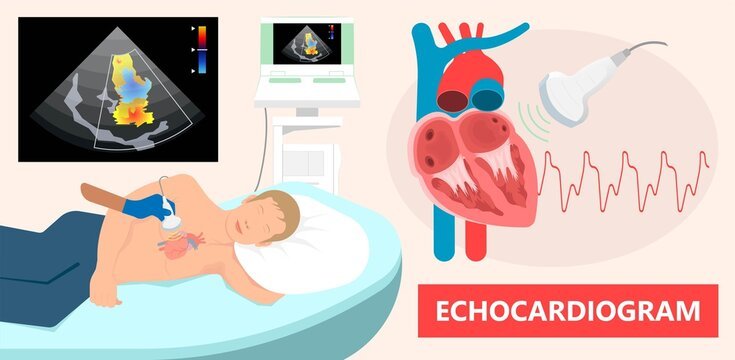
2D Echo
A two-dimensional Echocardiogram or 2D Echo test is a demonstrative test that employs ultrasound waves to evaluate the working of the heart.

Holter Monitoring
Holter monitoring measures your heart activity over an extended period, usually between 24 and 48 hours. Basically, a Holter Monitoring is a portable device which records the heart’s electrical signals.

Best Cardiologist in Nagpur
Introducing Dr. Chetan Rathi, a distinguished Cardiologist in Nagpur, whose eminence transcends the realm of medical proficiency.

Coronary Angiography
Coronary angiography diagnoses and evaluates coronary artery blockages. Contrast dye is injected into arteries, enabling X-ray imaging to visualize blood flow and identify narrowing or blockages.
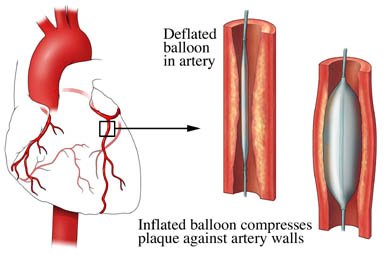
Coronary Angioplasty
Coronary angioplasty is a minimally invasive technique of abdominal artery angioplasty, which is used to treat coronary arteries that are obstructed or constricted and it is the most appropriate technique used by doctors for the treatment.
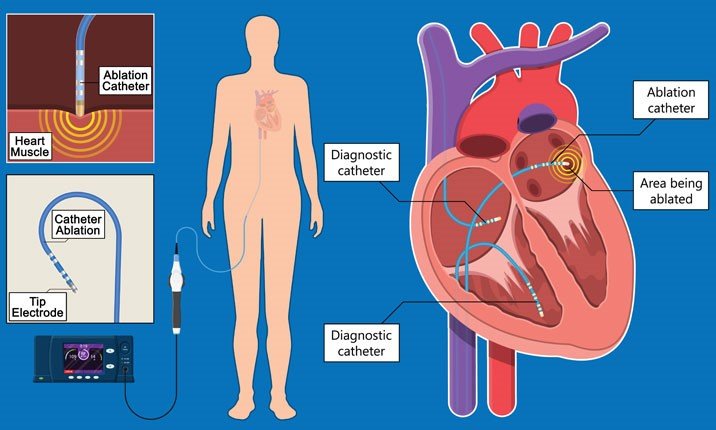
Electrophysiology Study
An Electrophysiology Study (EP study) is a test utilized to assess the heart’s electrical framework and check for abnormal heart rhythms. The natural electrical impulses coordinate the contractions of different parts of the heart.
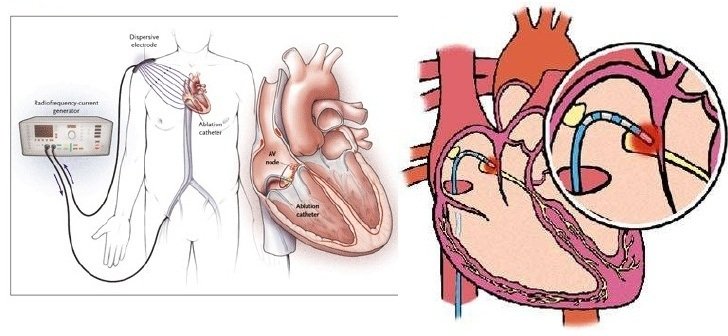
Radiofrequency Ablation
Radiofrequency Ablation (RFA) is a minimally invasive medical procedure that uses high-frequency electrical currents to generate heat, effectively destroying abnormal tissue or cells.
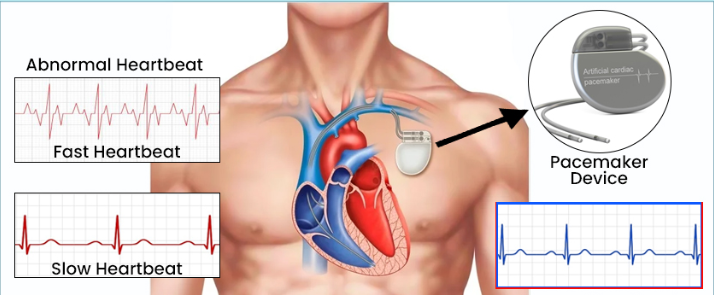
Pacemaker Implantation
Pacemakers are medical devices designed to support and regulate the electrical system of the heart, ensuring it functions properly. This medical procedure entails the insertion of a small device into the chest region.

ICD Implantation
An Implantable Cardioverter-Defibrillator (ICD) is a life-saving device that plays a crucial role in monitoring and regulating heart rhythms. It consists of a pulse generator and leads implanted in the heart.

CRT_P & CRT-D Implantation
CRT implantation is a process in which technological instruments known as CRT-P and CRT-D where p stands for pacemaker and d stands for defibrillator.

Valvuloplasty
A balloon mitral valvuloplasty is a process to extend a restricted heart valve and improve blood flow. The heart valves handle how blood drives through the heart.
Our Achievements in Numbers
Happy Patients
Years of experience
Specialisations
Hospital Associations
Awards & Recognition
Patient Testimonials
Dr Chetan Rathi sir is good cardiologist. I visited him many times with my family and friends for consult about issues related with cardiology.
Our Videos




Our Blog
 How Does Vitamin D Affect Your Heart?
How Does Vitamin D Affect Your Heart?
Vitamin D is much more than the “sunshine vitamin”; it is very important in the whole body of heart health. It works from bone health to an enhanced immunity function. Scientific studies show that this regulates cardiovascular health; therefore, it is a very great factor in preventing heart diseases and maintaining optimal heart function. This… Continue reading How Does Vitamin D Affect Your Heart?
Read More Understanding Diabetes: Causes, Symptoms, and Management
Understanding Diabetes: Causes, Symptoms, and Management
Diabetes mellitus is a chronic condition that affects the way your body processes glucose, or sugar. Unchecked, diabetes mellitus can lead to serious complications, such as heart disease and kidney damage, as well as nerve problems. Understanding the types of diabetes, the symptoms of diabetes, the causes of diabetes, and how to take care of… Continue reading Understanding Diabetes: Causes, Symptoms, and Management
Read More What Is Syncope and How Can It Be Prevented and Treated?
What Is Syncope and How Can It Be Prevented and Treated?
Syncope, also known as fainting, is a short-lived loss of consciousness which primarily results from a sudden decrease in blood flow to the brain. Although fainting can be alarming, syncope is generally not a serious condition and can be caused by a variety of reasons; however, it may indicate an underlying serious medical condition in… Continue reading What Is Syncope and How Can It Be Prevented and Treated?
Read More



